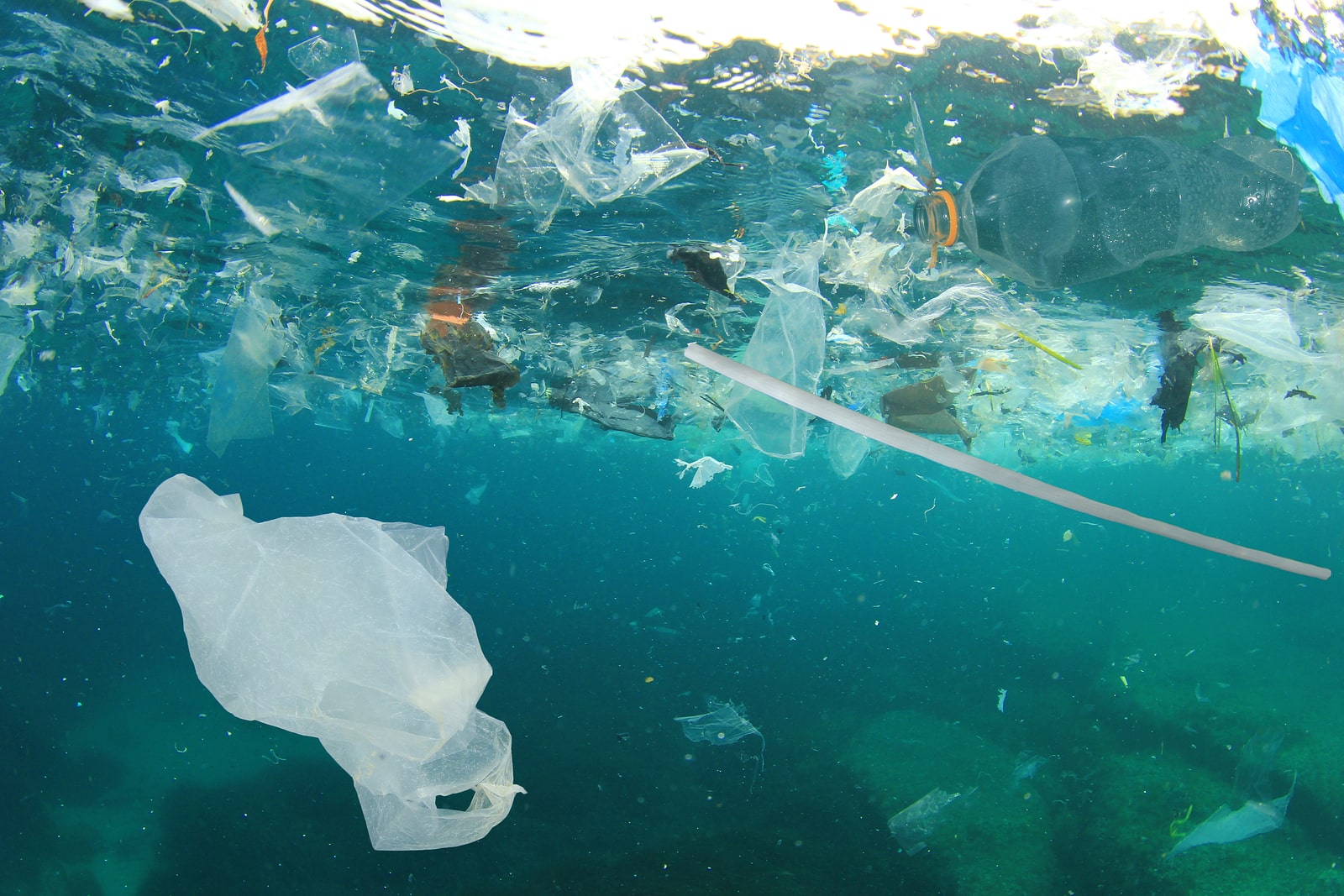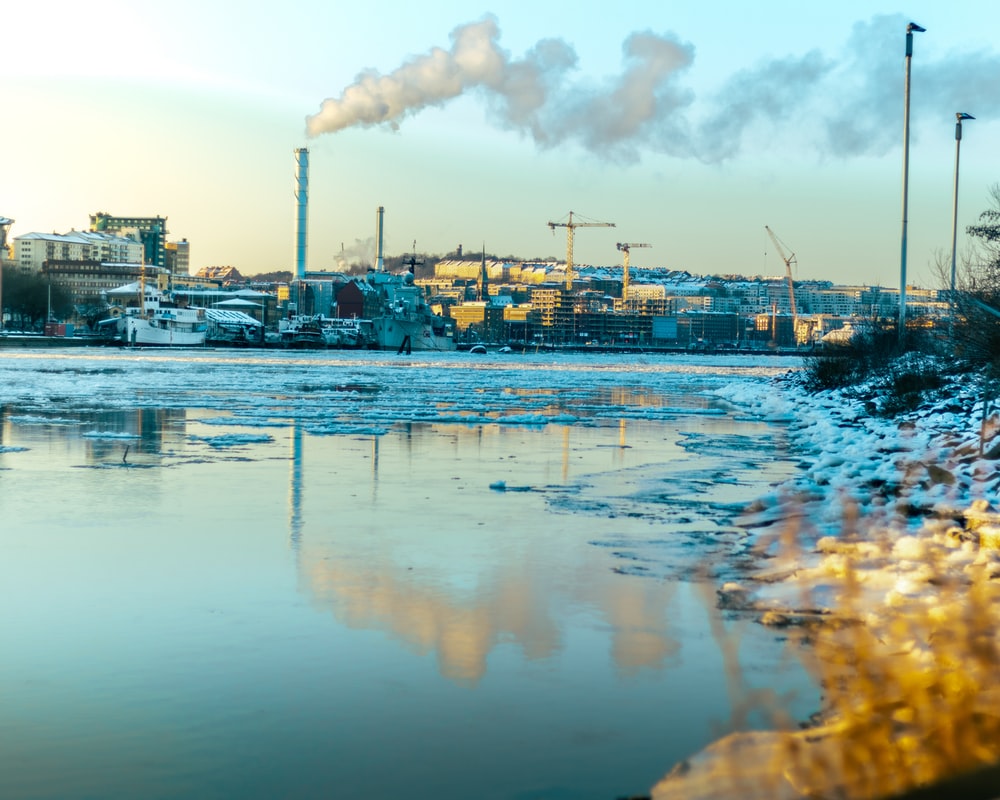
Why Is Water Pollution So Critical?
When contaminated water is “modified since it does not fulfill the criteria for its intended use in the latter’s natural state,” it is defined by world Health Organization (WHO).
No resources are being discussed here. When it comes to health and development, remember that water is a primary natural resource; it is the source of all of our vitality and well-being. Let’s begin by waking up to the truth!
The polluted air of our most significant water sources, such as waterways, oceans, canals, lakes, and reservoirs, is a major problem we face today.
Contaminated Water Means What Exactly?
“Water is life” is a phrase you’ve probably heard before. As a first step, we need to understand the characteristics of liquid in poor condition. It’s explained to us by the UN:
An abnormally high concentration of chemicals or other non-natural elements. That is, the presence of microbes, heavy metals, or sediments. Water quality is harmed by these pollutants.
The World Health Organization’s Rules for the quality of water provide recommendations to ensure water safety and health protection.

What Are The Root Causes Of Water Pollution?
5 million people worldwide die each year from drinking contaminated water, which is worsened by social exclusion, poverty, and marginalisation in these areas.
Perhaps it’s time to revisit the root causes of water pollution in order to gain a better understanding of the current situation. Here are a few examples:
Waste From Industrial Processes
Water pollution is primarily caused by industry. Because of this, thousands of corporations continue to pollute the environment by dumping waste products from their manufacturing processes. These practises have the greatest impact on rivers and canals.
Temperatures Have Risen
Global warming has an impact on water pollution, even if it doesn’t seem like it. How did this happen? When temperatures rise above normal, oxygen levels in water sources drop, which alters the water’s composition. This is a simple explanation.
Pesticides Used In Agricultural Production
Fertilizers and chemicals are used in the majority of modern agricultural processes in order to cultivate and produce food. In most cases, these merchandise are filtered through underwater channels that eventually reach our drinking water systems. It is unlikely that this water will be able to be returned to the canals in a form fit for human consumption.
Deforestation
Deforestation contributes to the depletion of rivers, lakes, and other water resources by reducing their natural flow. The removal of riverbank trees’ roots is not always part of forest clearing, which leads to the presentation of sediments and germs in the soil and, ultimately, to contamination of this priceless resource.
Spills Of Crude Oil
Finally, we must not forget a practise that has long been associated with water pollution: the disposal of crude petroleum into the environment. In many cases, spills are caused by leaks in underground tanks, which store gasoline and other flammable liquids. When these tanks leak, the active ingredient seeps into nearby bodies of water, including those used for drinking.